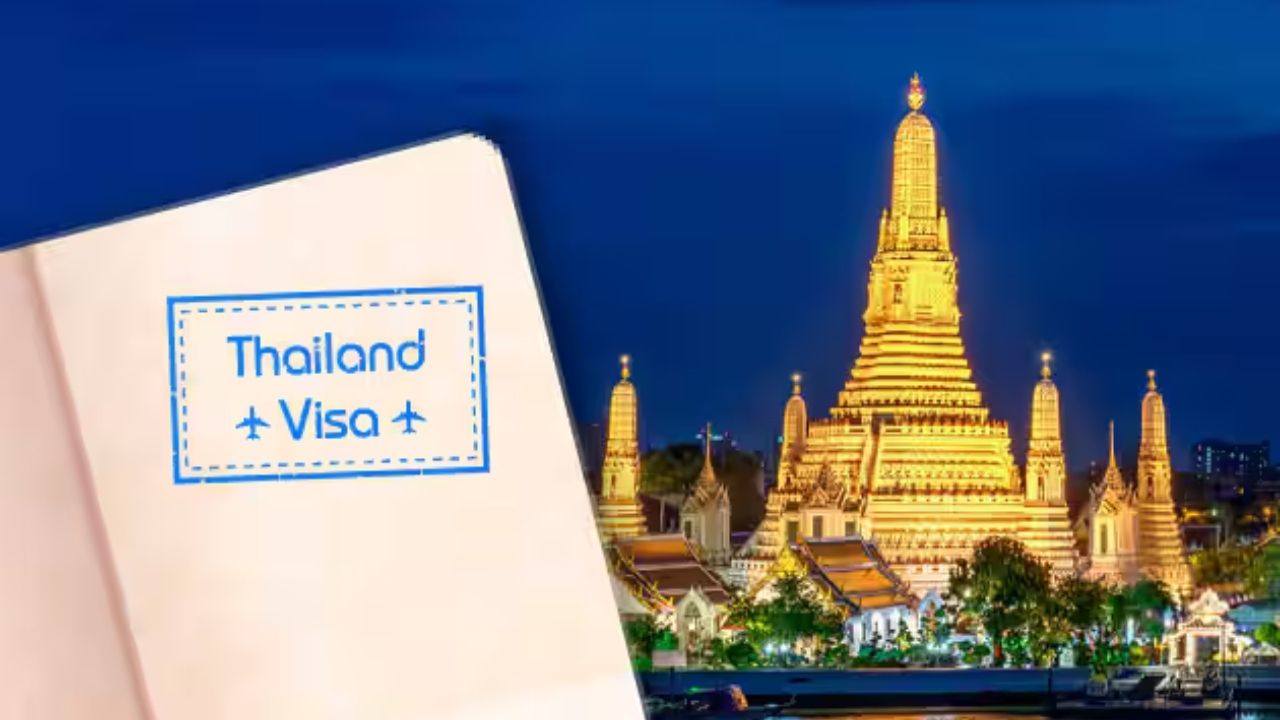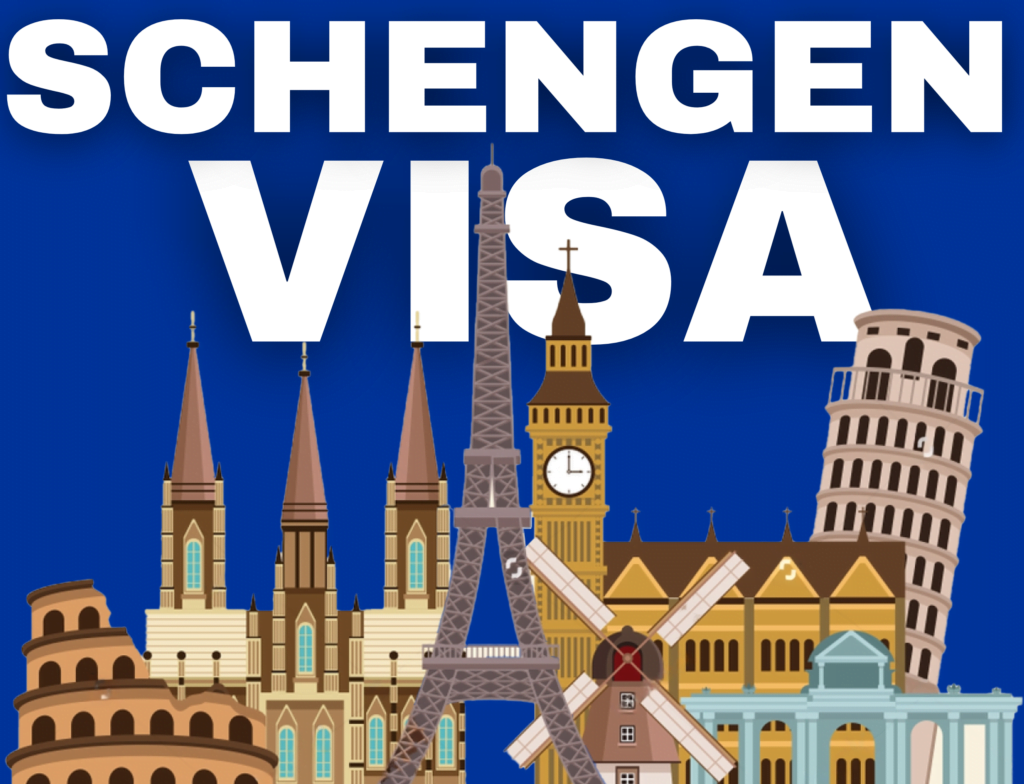Thailand has introduced an exciting opportunity for digital nomads and remote workers—the Destination Thailand Visa (DTV). This five-year multiple-entry visa is designed to attract long-term visitors, providing an excellent alternative to standard tourist visas. In this comprehensive guide, we will explore everything you need to know about the DTV, including eligibility requirements, costs, and benefits.
What is the Destination Thailand Visa?
The DTV stands for a multiple-entry visa to the Kingdom of Thailand that includes stays of up to 180 days each calendar year, extendable for another 180 days. It’s a really perfect option for digital nomads who would like to go deep into the dynamic culture of Thailand but maintain their working duties.
Cost of the Thailand DTV
The DTV is offered at an affordable price of 10,000 THB compared to other similar visas covering the Southeast Asian region. Applicants are required to be at least 20 years old and be able to show proof they have enough money that covers the payment of this visa locally. To be eligible to apply for the DTV, one must satisfy the following requirements:
Age: Applicants shall not be less than 20 years old.
Financial Stability: Proof of at least 500,000 THB in the bank account to support the whole stay in Thailand.
Employment: Proof of employment with a registered company is a must.
Visa Fee: Applicants should have sufficient funds for the 10,000 THB visa fee.
These requirements are subject to change; hence, an update on any changes in such has to be sought from relevant official sources.
Why the DTV?
The Destination Thailand Visa offers loads of benefits to digital nomads who move to Thailand.These include:
Lower Income Requirements: Compared to other similar visas available in Southeast Asia, the DTV has a far more lenient income requirement coupled with the fees.
Remote work for international clients is legal: The visa allows holders to do legal remote work for clients anywhere in the globe.
Family-friendly: Holders of this visa can bring along their spouse and children below 20.
Tax-free: There are no taxes charged on the income derived from foreign sources during the stay in Thailand.
However, such DTV does not permit persons to be employed by Thai companies.
Furthermore, any change of visa type shall render the DTV cancelled.
Application Process
Since the exact process of applying for the DTV has not been specified, the following are some preliminary steps which would be helpful:
Verify Eligibility: Ensure that all eligibility criteria are met.
Prepare Documents: Have ready all the documents such as proofs of employment and statements from banks, among other proofs.
Continue to monitor announcements for any new updates, which are targeted to be issued in July, detailing procedures for application.
Conclusion:
The Destination Thailand Visa is a super opportunity for all those digital nomads who want to explore Thai culture without giving up productive work. With such an affordable price and relaxed income requirements, not to mention the family-friendliness—no wonder the DTV would remain Blaze’s best-selling product among remote workers. Stay tuned for further updates, and start preparing your application now to make the most of such a unique visa program.





